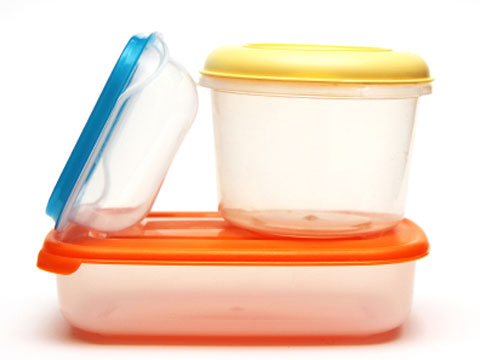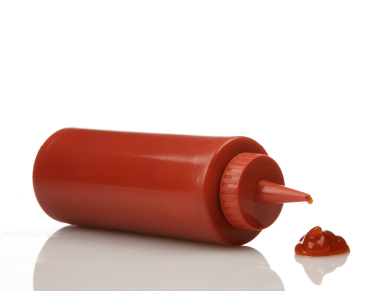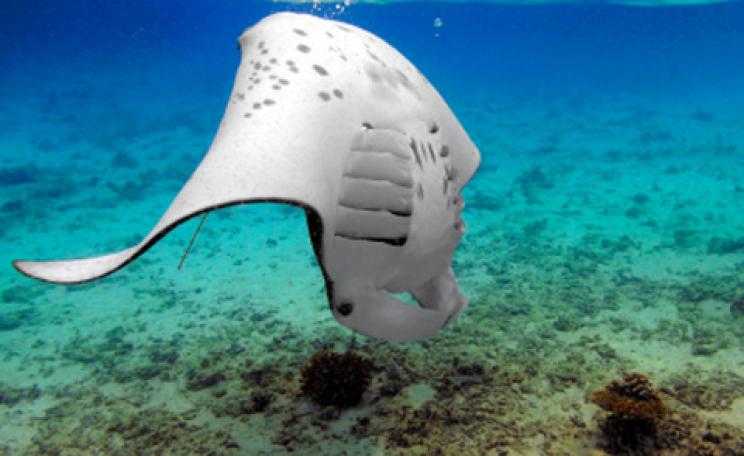Health officials in the UK claims till receipts are not a significant source of the toxic chemical BPA
US researchers have discovered high quantities of the chemical bisphenol-A (BPA) in dollar bills and paper receipts from major shopping chains.
BPA is a synthetic chemical used to make plastic drinking bottles, baby bottles and storage containers, as well as the lining of some food and drink cans to prevent metal from corroding and spreading to food.
Both Canada and the European Union have recently banned the use of the chemical in plastic baby bottles, citing fears of its effect on human development, immune response and tumour-promotion. The chemical has also been linked to miscarriages and hormonal abnormality.
The US has so far failed to pass a similar nationwide ban but momentum for such a move has been growing, with the National Cancer Institute recently calling for the use of BPA in consumer products to be more tightly regulated.
The latest research published today by the campaign group Washington Toxics Coalition (WTC) found that half of US shopping receipts contained BPA, as well as 95 per cent of dollar bills. Used in the ink, the group says the chemical can easily transfer to the skin and other items it comes in contact with.
'Unlike BPA in baby bottles and other products, BPA on thermal paper isn't chemically bound in any way: it's free BPA in a powdery film on the surface of receipts,' notes the WTC study, On the Money: BPA in dollar bills and receipts.
Backing similar calls from groups including Breast Cancer UK and the Health and Environment Alliance (HEAL), the study calls for the baby-bottle ban to be extended to the use of the chemical in all consumer products.
'Our findings demonstrate that BPA cannot be avoided, even by the most conscious consumer,' said Erika Schreder, WTC's staff scientist and the author of the report. 'This unregulated use of large amounts of BPA is having unintended consequences, including exposure to people when we touch receipts.'
The European Food Safety Authority has set limits on the use of BPA but so far has refused to agree to an outright ban.
A spokesperson for the UK Health Protection Agency said BPA in till receipts was 'not believed to be a significant source of exposure' and that the main source remained food contact materials like canned food.
Useful links
Tips on avoiding BPA
Environment Agency advice on bisphenol-A
| READ MORE... | |
 |
NEWS Dismay over EU decision not to ban baby bottle chemical bisphenol-A European Food Safety Authority (EFSA) says no convincing evidence to cause it to ban or further restrict exposure to the controversial chemical bisphenol-A used in plastic bottles and containers |
 |
GREEN LIVING Storing food safely in plastic containers There are certain rules of thumb when it comes to storing, freezing and heating food in plastic containers. Read on to find out how to use plastics safely |
 |
GREEN LIVING How to reduce toxins and 'green' your baby's nursery Is it enough to trust your nose when it comes to decorating your baby's nursery? A new project tests toxin levels and provides tips on reducing harmful chemicals in your baby's room |
 |
GREEN LIVING Behind the Label: Tomato Ketchup It's the condiment of choice for a million fast-food outlets and a staple sauce in homes around the world, but there's more to tomato ketchup than meets the eye, says Pat Thomas |
 |
NEWS US Cancer Institute issues stark warning on environmental cancer risk A leading US research body has said the range of confirmed or suspected carcinogens to which we are exposed on a daily basis is cause for serious concern, but UK campaign groups refuse to change their views |








